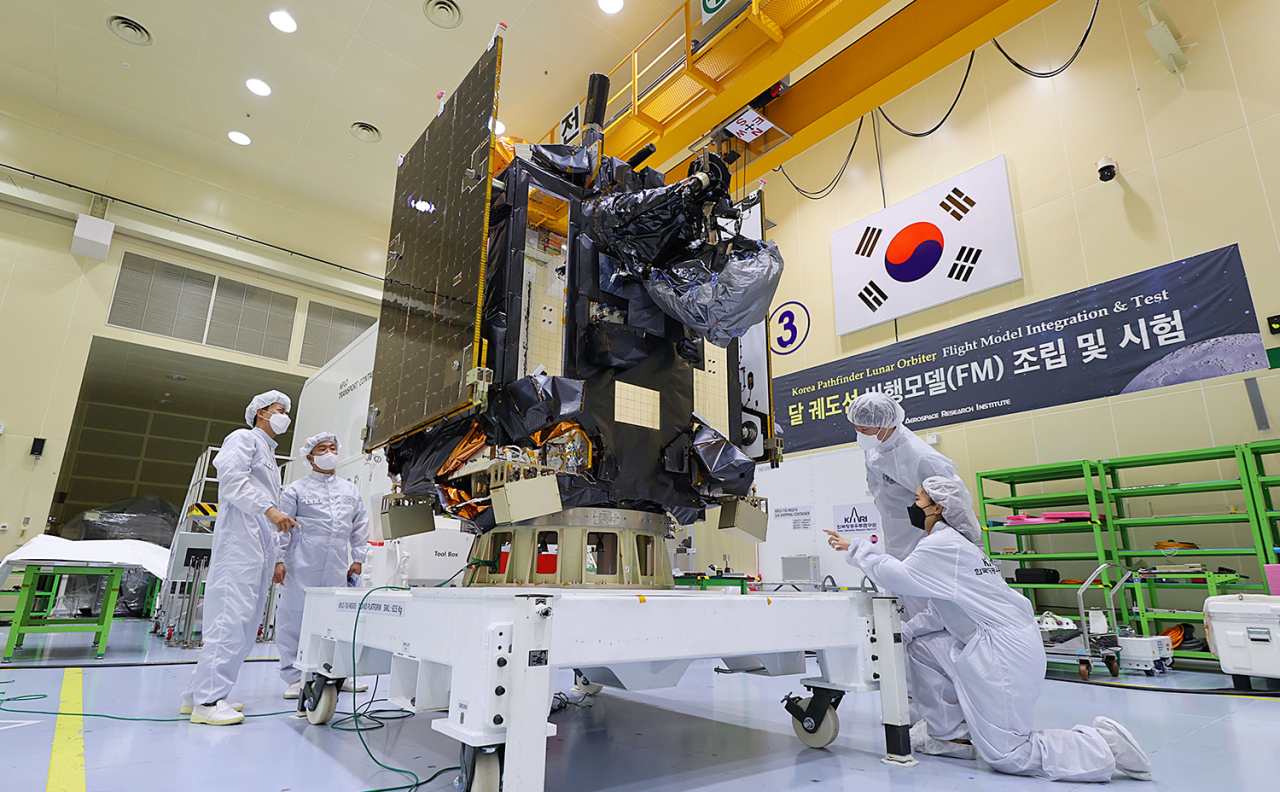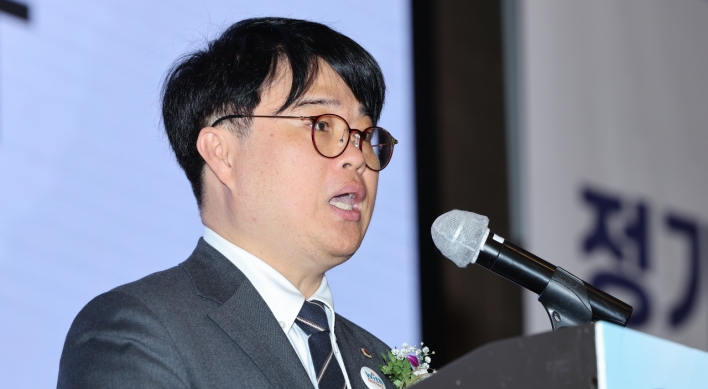Political strife may delay Korea’s launch of new space agency
By Kan Hyeong-wooPublished : Sept. 25, 2023 - 15:01

The plan to establish South Korea’s new space body inspired by the US' NASA, called the Korea Aerospace Administration (KASA) before the end of the year is now apparently off the table, as lawmakers have yet to find the middle ground for KASA’s legislation.
The lawmakers of the Science ICT, Broadcasting and Communications Committee announced on Sept. 5 that they would set up an agenda coordination committee to conduct a series of meetings to come to a conclusion for the special KASA Act by Sept. 25.
An agenda coordination committee, a sub-organization of a standing committee at the National Assembly, usually becomes activated when there is a wedge issue about legislation between parties.
The agenda coordination committee has conducted three meetings so far, and lawmakers were supposed to gather for the sub-committee’s final meeting at 10 a.m. on Monday. However, they decided to postpone its agenda coordination committee’s meeting to 2 p.m. on Oct. 5.
The main opposition Democratic Party of Korea requested the postponement, citing the resigning of its leading members from their respective positions after the National Assembly passed a motion seeking parliamentary consent to the potential arrest of opposition leader Lee Jae-myung, despite the Democratic Party having 168 seats in the 298-member Assembly.
Another factor in delaying the agenda coordination committee’s meeting is that Science Minister Lee Jong-ho has been in the US to discuss the two countries’ cooperation in advanced technology since last week, and will wrap up his visit on Wednesday.
Although the final meeting of the agenda coordination committee has been rescheduled for after the six-day Chuseok and National Foundation Day holiday, it remains murky whether the committee will be able to finally agree on the KASA act, as the two sides remain polarized on some parts of the act.
The ruling People Power Party demands that the KASA should be under the Ministry of Science and ICT, while the Democratic Party asserts that the new space body should be an independent organization.
The matter of whether to place space-related institutes such as the Korea Aerospace Research Institute and Korea Astronomy and Space Science Institute under KASA is another problem. The government and ruling party say that KARI and KASI should still belong to the National Research Council of Science and Technology, whereas the opposition party says they should be moved to work under KASA.
The government’s proposal of giving hiring authority of term-based public officials to the head of KASA and allowing the possession of stocks relevant to his or her work as well as holding more than one position to attract talented space personnel faces resistance from Democratic Party members who are concerned about the possible creation of a space cartel.
Even if the two sides come to a conclusion on Oct. 5, there is still a long way ahead for the establishment of KASA. As KASA is a new central administrative body, the Public Administration and Security Committee has to amend the Government Organization Act. The special KASA act also has to go through the Legislation and Judiciary Committee. Given that the next month will mostly be dedicated to the parliamentary audit, the KASA bill might not even make it to the plenary session until November. Despite the discussions to shorten the period of implementing the law from six to three months, the establishment of KASA is improbable to occur within this year.



















